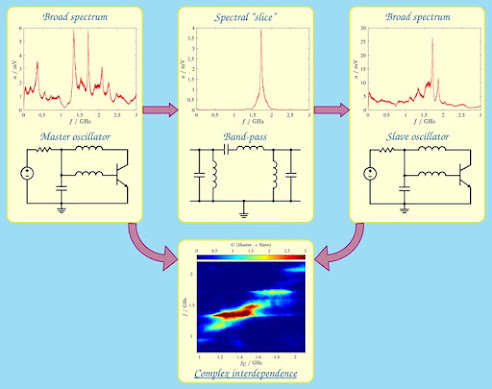Mutations of BRCA1 and BRCA2 genes, which are inherited by 1 in 400 and 1 in 800 people respectively, significantly increase the risk of certain cancers such as ovarian, breast, pancreatic and prostate cancer. In 2016, a new class of drugs, the PARP inhibitors, was found to be highly effective against BRCA mutation-related tumors. However, almost half of women with ovarian cancer experience a recurrence of the disease within 5 years. An international team led by the University of Geneva (UNIGE), the Geneva University Hospitals (HUG), the Centre Léon Bérard in Lyon, the Curie Institute, the French collaborative group ARCAGY- GINECO and the European consortium ENGOT, examined the genetic data of 233 patients enrolled in the pre-marketing phase III clinical trial of olaparib, a PARP inhibitor added to bevacizumab, a drug already used to treat ovarian cancer. The researchers found that the success of PARP inhibitors depends on the precise location of the mutation on the gene. These results, that can be read in the journal Annals of Oncology, demonstrate that a very high precision medicine is possible in oncology.
The BRCA1 and BRCA2 genes code for proteins involved in the repair of DNA double-strand breaks, a particularly severe form of DNA damage, and thus play an essential role in maintaining the genomic stability of cells. When they are mutated, cells are less able to repair damaged DNA, a phenomenon that promotes the development of cancers.

.jpg)
.jpg)

.jpg)




_MoreDetail-v3_x1_2000x1335.jpg)




.jpg)
